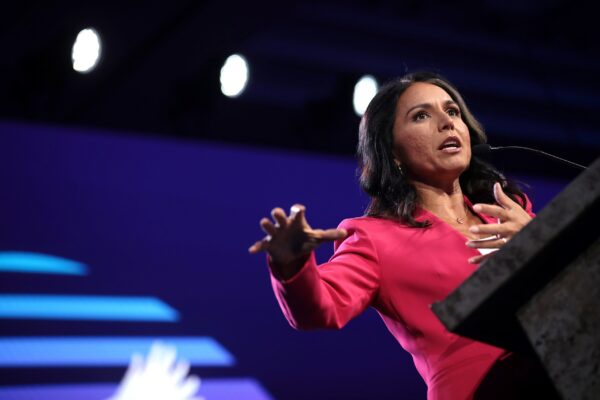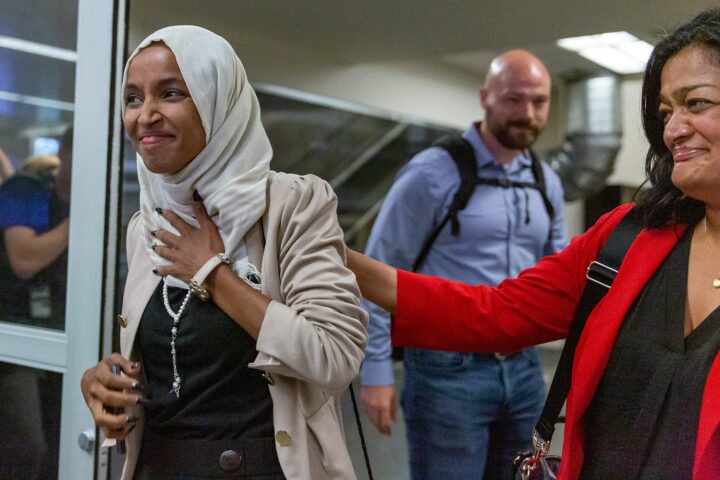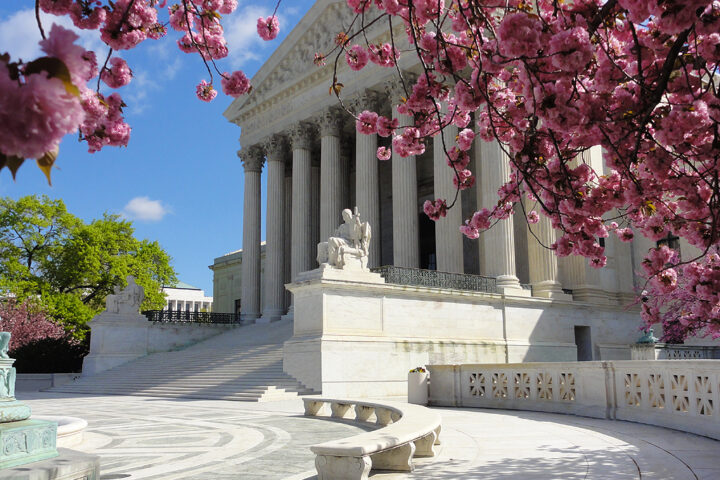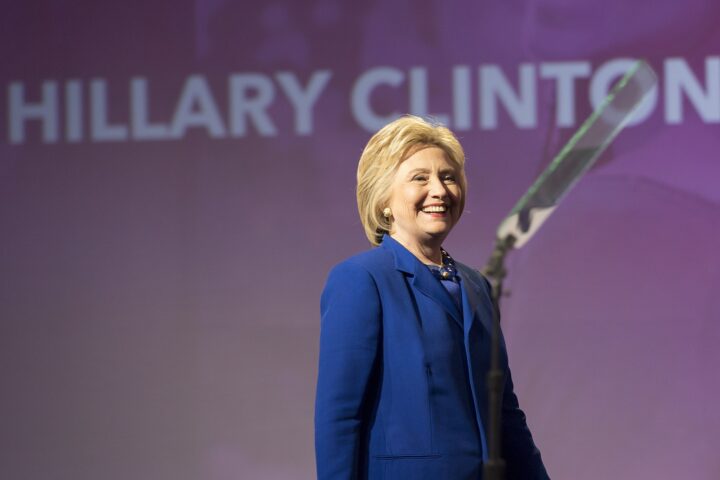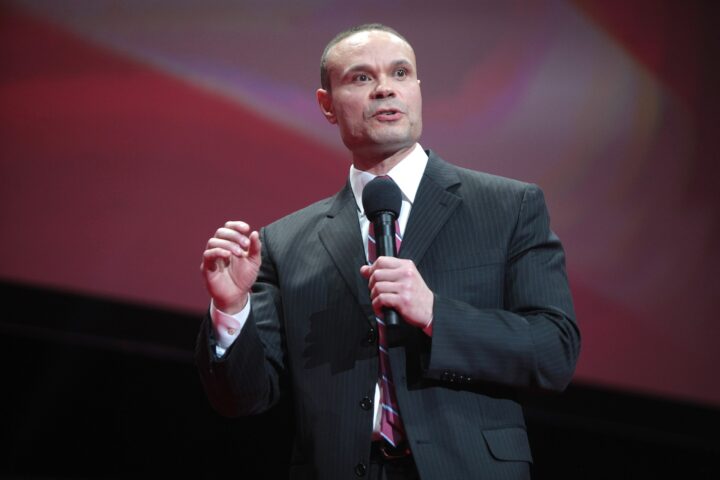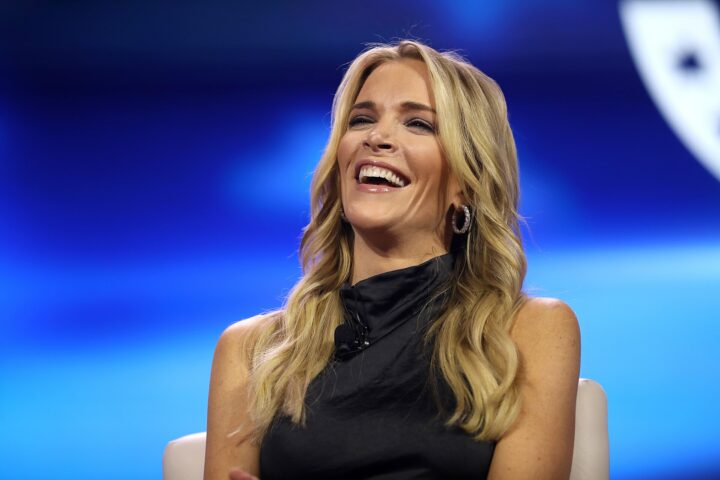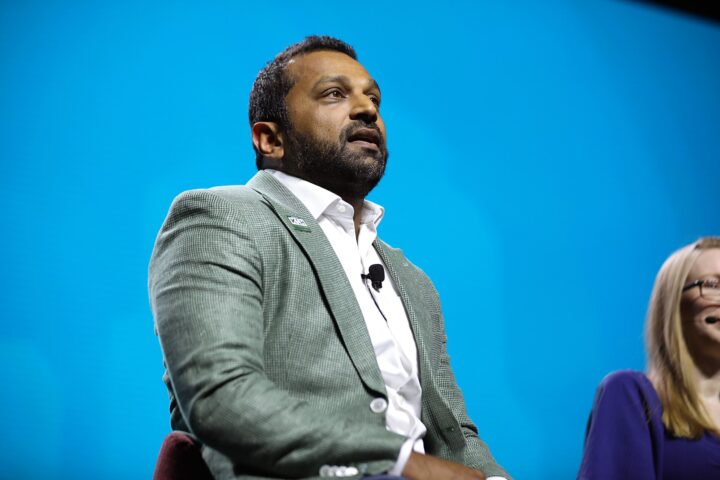President Donald Trump has now reportedly publicly dismissed his Director of National Intelligence, Tulsi Gabbard, during a press conference on Friday, amid reports suggesting her waning influence within his administration.
Trump’s remarks came in response to a question regarding the rationale behind potential military action against Iran, a topic that has generated considerable debate within his circle.
When a reporter from MSNBC, Vaughn Hillyard, pressed Trump about the intelligence supporting claims that Iran was developing nuclear weapons, Trump retorted, “Well, then my intelligence community is wrong. Who in the intelligence community said that?”
Hillyard pointed out that Gabbard had been the one to assert there was no evidence of Iran pursuing a nuclear arsenal. Trump’s terse response, “She’s wrong,” underscored a significant rift in their perspectives.
This confrontation follows a string of incidents that have reportedly strained Trump’s relationship with Gabbard.
Just days earlier, she released a video on social media warning against the “political elite and warmongers” who she claimed were escalating tensions between nuclear powers. Sources within the administration indicated that Trump was incensed by the video, viewing it as a breach of protocol that undermined his messaging.
While Trump’s frustration appears to stem from Gabbard’s unsanctioned remarks, it seems he does not harbor personal animosity toward her.
According to insiders, his displeasure primarily arises from the need for a cohesive public front, particularly on sensitive issues like military engagement.
Vice President JD Vance, a prominent isolationist voice in the administration, issued a statement defending Gabbard, emphasizing her service and loyalty to Trump.
“Tulsi Gabbard is a veteran, a patriot, and a critical part of the coalition he built in 2024,” Vance remarked, hinting at the complexities of current political alliances.
As the administration grapples with increasingly fraught international relations, particularly regarding Iran, the tensions between Trump and Gabbard reflect broader divisions within the Republican Party.
With voices advocating for a more isolationist stance clashing with those pushing for aggressive military strategies, the dynamics within Trump’s circle may influence the party’s direction as it approaches the next election cycle.
Gabbard’s future in the administration remains uncertain, as her public statements and the subsequent rebuke from Trump raise questions about her role and influence moving forward in a polarized political landscape.
[READ MORE: Trump Demands Special Prosecutor Investigate Alleged 2020 Election Fraud]

